How do Socio-Economic Disparities Shape Urban Heat Vulnerability?
Published in Social Sciences, Earth & Environment, and Sustainability
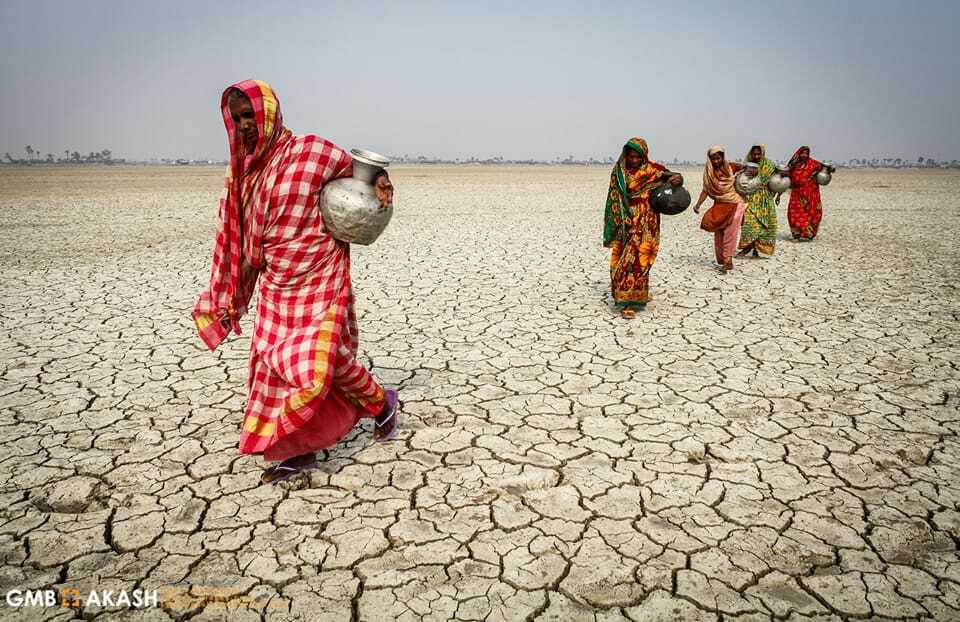
As a researcher deeply engaged with climate challenges in South Asia, I often find myself examining the tension between rapid urbanization and environmental vulnerability. Our recently published study in Discover Sustainability, titled "Urban Household Adaptation to Extreme Heatwaves: Health Impacts, Socio-Economic Disparities, and Sustainable Strategies in Rajshahi," emerges from this intersection.
This research was motivated by the urgent need to address the increasing frequency and intensity of heatwaves in Rajshahi, a city facing unique socio-economic and climatic challenges. The Urban Heat Island (UHI) effect exacerbates the risks associated with extreme temperatures, impacting public health, productivity, and overall quality of life. Our mixed-methods approach aimed to unravel these challenges, focusing on adaptation strategies and highlighting systemic disparities.
The key findings were significant. Low-income households, with limited access to cooling resources, predominantly rely on passive methods, which are often insufficient to mitigate health risks. Gender disparities were notably pronounced, as women reported higher levels of anxiety and less access to adaptation measures due to socio-cultural norms. Similarly, outdoor laborers faced acute vulnerabilities due to their occupational exposure.
A pivotal moment during our research occurred when we interacted with residents in Rajshahi’s low-income neighborhoods. Their resilience in the face of adversity, juxtaposed with their vulnerability, underscored the importance of targeted interventions. It became evident that education plays a crucial role in fostering awareness and adaptive behavior, while economic barriers continue to pose a significant challenge.
Below is a conceptual representation of the principal adaptation strategies identified in the study, categorized into behavioral, resource-based, and structural adaptations, highlighting their socio-economic influences.
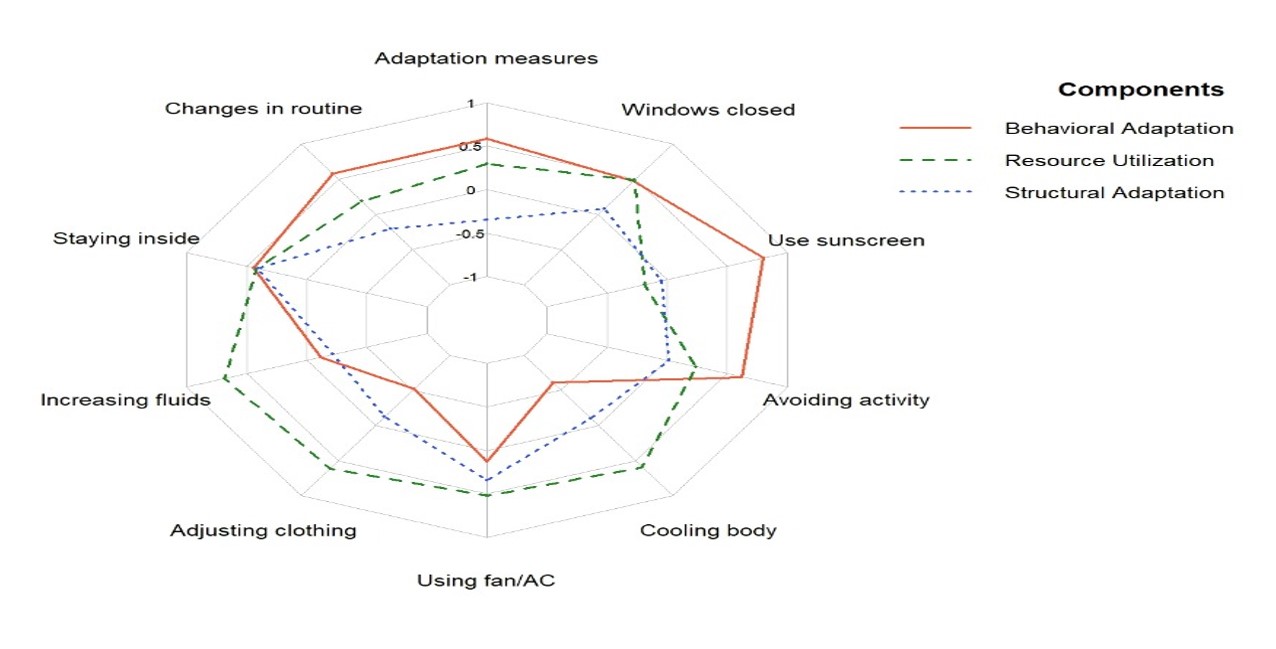
Our study also explored sustainable solutions, advocating for green infrastructure, improved urban planning, and community-centric adaptation strategies. The goal is not only to inform policy but also to inspire actionable change that prioritizes equity and inclusivity.
I hope this paper will serve as a valuable resource for policymakers, urban planners, and advocates of climate resilience. It is a call to action to address the cascading impacts of climate change on vulnerable urban populations and a reminder of our collective responsibility to build resilient communities.
Follow the Topic
-
Discover Sustainability

A multi-disciplinary, open access, community-focussed journal publishing results from across all fields relevant to sustainability research whilst supporting policy developments that address all 17 of the United Nations Sustainable Development Goals (SDGs).
Related Collections
With Collections, you can get published faster and increase your visibility.
Economic Responses to Environmental Challenges: Evidence, Models, and Innovations
Environmental degradation, climate change, and resource scarcity have emerged as critical global challenges, posing significant threats to economic stability, public welfare, and sustainable development. These complex issues require not only technological innovation and policy reform but also a deep understanding of the economic mechanisms that drive environmental outcomes.
In response, this Collection focuses on how economies can effectively address these threats through data-driven research, advanced modeling, and strategic policy design. The issue brings together studies that apply econometric and statistical methods—such as time series analysis, panel regression, spatial econometrics, and simulation-based models like Integrated Assessment Models (IAMs) and Computable General Equilibrium (CGE) models—to assess environmental policies and measure their economic impacts. These analytical tools are used to quantify trade-offs, predict long-term outcomes, and guide decision-making under uncertainty. By bridging economics, environmental science, and public policy, this collection deepens the empirical and theoretical understanding needed to design effective responses. It strengthens the foundation for achieving environmental sustainability alongside economic resilience.
Publishing Model: Open Access
Deadline: Jun 30, 2026
Artificial Intelligence and Digital Innovation in Advancing Sustainable Development Goals
This Collection is expected to explore the role of Artificial Intelligence (AI) and digital innovation in improving progress toward the United Nations Sustainable Development Goals (SDGs). We aim to highlight interdisciplinary research, technological breakthroughs, and practical applications that leverage AI-driven tools, data science, and digital systems to tackle global challenges such as poverty, climate change, healthcare, education, and sustainable infrastructure. This Collection provides a platform for advancing responsible and inclusive innovation by closely bridging technology and sustainability.
This Collection supports and amplifies research related to SDG 9, SDG 11, SDG 12, SDG 13 & SDG 16
Keywords: Artificial Intelligence, Digital Innovation, Sustainable Development Goals, Smart Technologies, Data Science, Climate Action, Ethical AI, Smart Cities, Digital Transformation.
Publishing Model: Open Access
Deadline: Jun 01, 2026
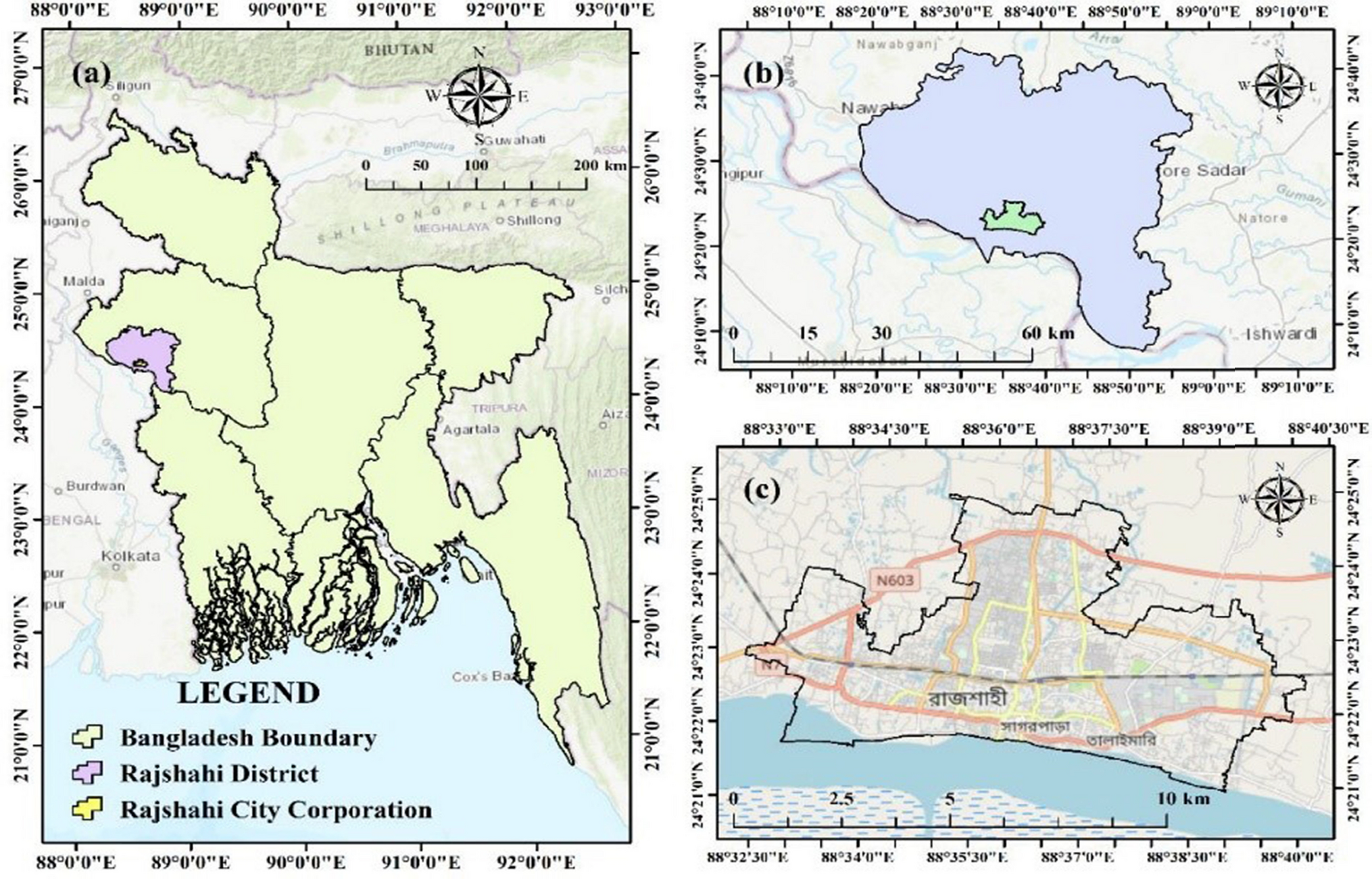
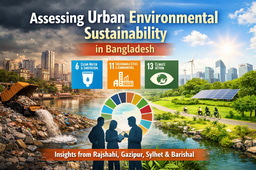
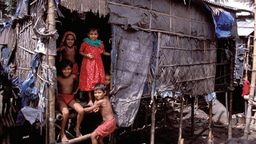
Please sign in or register for FREE
If you are a registered user on Research Communities by Springer Nature, please sign in